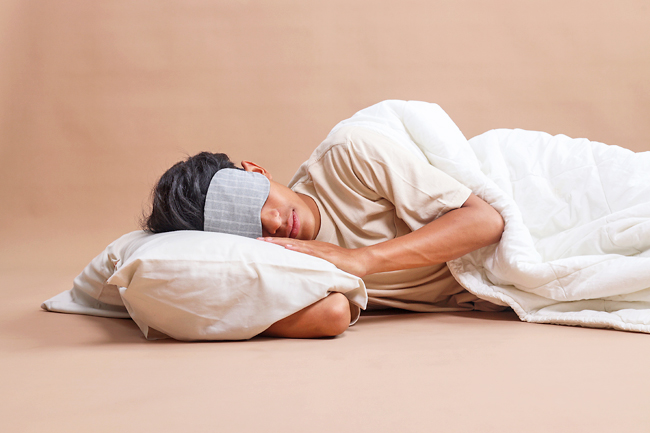AFP – A study published in BMJ Public Health has uncovered a connection between an individual’s preference for morning or evening activity and their cognitive function, suggesting that early risers may not be as mentally sharp as night owls.
Researchers from Imperial College London reached this unexpected conclusion after analysing data from over 26,000 participants who had undergone tests assessing intelligence, reasoning, and memory. Participants identified themselves as either early risers or night owls based on when they felt most alert and productive during the day.
The researchers used all this information to determine the extent to which the volunteers’ sleep duration, quality and habits impacted their cognitive performance.
They also took into account various factors linked to general health and lifestyle, such as age, gender, bad habits and the presence of chronic illnesses (heart disease, diabetes, etc).
Night owls were found to score 13.5 per cent higher than early risers. The so-called “intermediate” participants, ie those with a mild preference for either day or night, scored higher than the self-declared morning people. Nevertheless, they performed less well than the night owls.
“It’s important to note that this doesn’t mean all morning people have worse cognitive performance. The findings reflect an overall trend where the majority might lean towards better cognition in the evening types,” explained the study’s lead author, Dr Raha West, in a news release.


THE IMPORTANCE OF SLEEP
More generally, Dr West and colleagues noted the importance of sleep duration for brain function.
Sleeping seven to nine hours a night improves reasoning and memory skills, as well as the speed with which information is processed. Conversely, sleeping less than seven hours or more than nine has a detrimental effect on cognitive performance.
“While understanding and working with your natural sleep tendencies is essential, it’s equally important to remember to get just enough sleep, not too long or too short. This is crucial for keeping your brain healthy and functioning at its best,” continued Dr West.
This study adds to a growing body of scientific research surrounding our body clocks and how they can affect us.
Indeed, we don’t all reach our peak performance at the same time of day, some being more alert in the morning than in the evening, and vice versa.
These differences are linked to our internal clock, which synchronises our body to a 24-hour rhythm. But chronotype (being a morning or evening person) isn’t everything. Sleep has a considerable influence on our cognitive function, as it allows the body to recover both physically and mentally.
To keep our brains healthy, it’s best to be vigilant about sleep quality. And above all, respect your biological rhythm. Night owls won’t be at their best in the morning, unlike early risers.
But they will perform much better in the late afternoon, when the morning people might be flagging.



















































